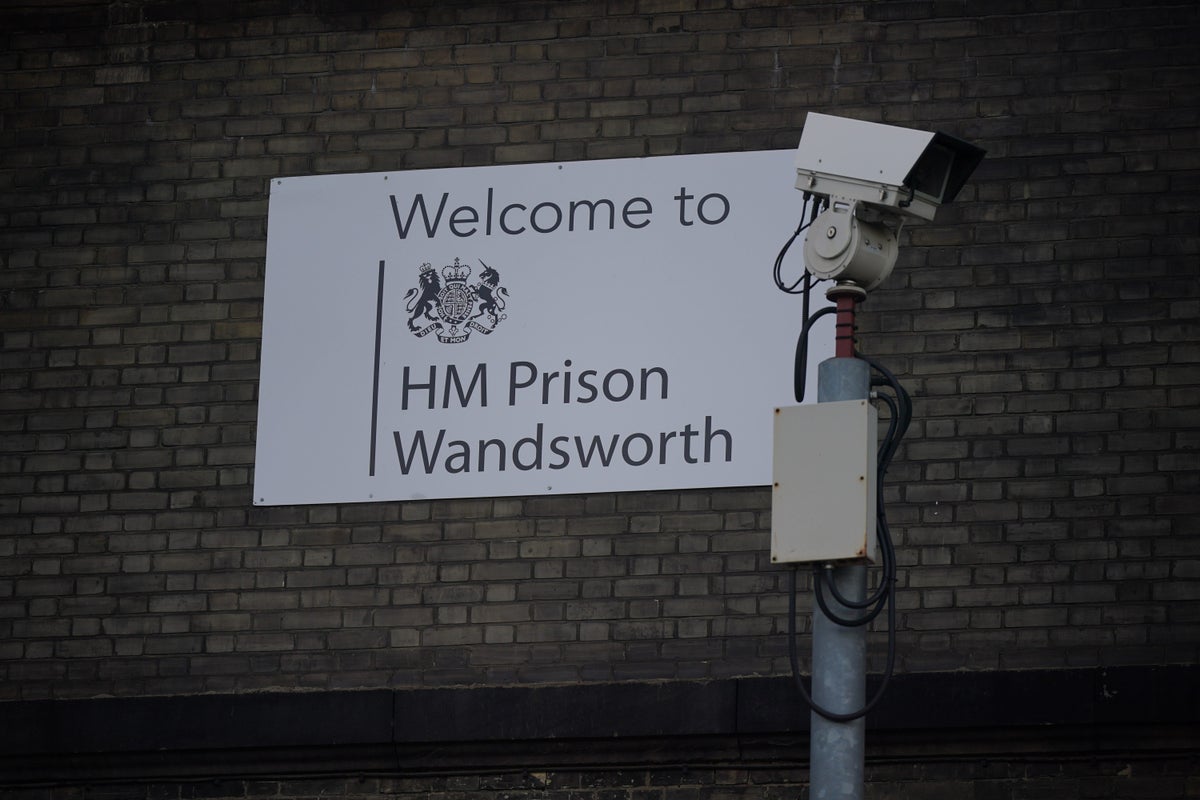
A former director general of the Prison Service has criticised the “mess” in the system that he believes will have played a role in Daniel Khalife’s escape.
The terror suspect went missing from HMP Wandsworth on Wednesday, triggering a manhunt that is ongoing.
On Saturday, Phil Wheatley spoke of the “chaos” of the system and similar concerns were highlighted by Conservative former justice secretary Sir Robert Buckland, who labelled the Prison Service as “forgotten”.
They join others in calling the system into question in the wake of Khalife fleeing – including Chief Inspector of Prisons Charlie Taylor, who has said “in an ideal world” Wandsworth would be shut, but “there are only just enough prisons” for the population of inmates.
Mr Wheatley told BBC Radio 4’s Today programme that the terror suspect’s escape has highlighted the prison system is “in a degree of chaos at the moment”.
“It is very difficult to make anything work well when you are just managing day by day to fumble your way through with too many prisoners and not enough staff,” he said.
“So, I would be surprised in the long run if that wasn’t one of the factors that led to things not working right.
“The system is just about at maximum capacity, it’s overflowing out into police cells, that’s driven by longer sentences.
“The Government has been very keen on longer sentences for criminals but they haven’t supplied the places with enough staff to supervise them, nor have they managed to maintain existing prisons.
“They’ve spent what capital they’ve got on trying to build new places, meanwhile some of the older accommodation has had to be taken out of use because it can’t be maintained – so it’s all a bit of a mess, it doesn’t look like a well-planned, thought through policy that has been resourced.”
Sir Robert said there must be more prison space built to allow the closure of out-of-date sites such as HMP Wandsworth.
He told BBC Radio 4’s Today programme: “It’s important to emphasise that an escape like this is a pretty exceptional event, it brings back to mind escapes like Ronnie Biggs and George Blake from distant history.
“However, there is no doubt that our Prison Service is a forgotten service in our country.
“It’s a service that either people don’t want to talk about or just don’t know enough about.
“We run the prisons service at a hugely hot rate, about 98% capacity and I think that isn’t a desirable state of affairs. We need more capacity to allow for flexibility.”
He said new facilities are not being built fast enough to “close the sort of prisons like Wandsworth and other London prisons that are well past their sell-by date”.
Wandsworth prison’s performance was rated a “serious concern” and watchdogs had issued a string of warnings about the jail in the past year before Khalife escaped.
The category B reception and resettlement men’s prison, which opened in 1851, is one of only nine jails out of 119 in England and Wales whose performance has been called into question recently.
The Ministry of Justice (MoJ) said remand prisoners are generally held in Category B prisons but risk assessments are carried out to determine the appropriateness of specific placements.
It added that HM Prison and Probation Service is reviewing Khalife’s placement at Wandsworth and his escape.
While Justice Secretary Alex Chalk confirmed an independent investigation will take place after Khalife’s escape, alongside two urgent reviews looking at the categorisation and placement of all HMP Wandsworth prisoners and all those in custody charged with terrorism offences.
The MoJ labelled escapes from prisons as rare, stating that there have only been five since 2017, including Khalife.
The government department also said staffing levels are improving within prisons and that it has invested £100 million since 2019 on security measures.







